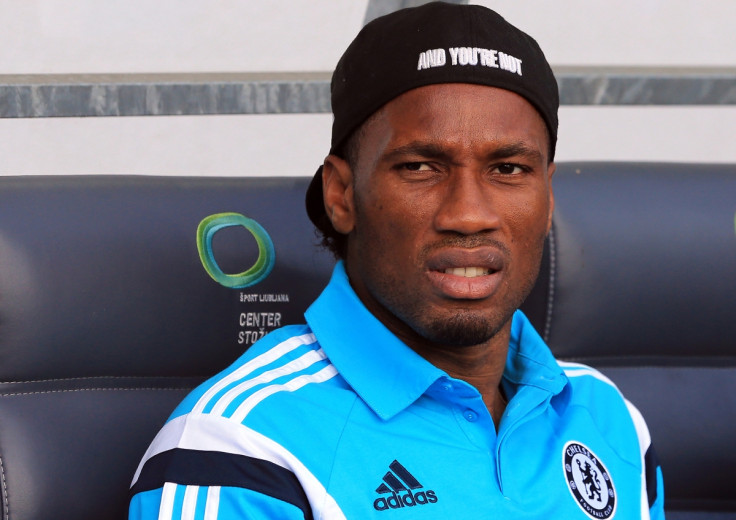Don't Call it a Comeback - History Suggests Didier Drogba's Return to Chelsea will Work

You should never go back, so they say. Apparently that's not a mantra adopted by those in football circles who find themselves drawn into a second spell at their beloved club. Many cases of a second coming have been driven by pure sentiment, often a short-sighted solution fraught with problems upon the realisation that a once iconic figure is simply just not very good anymore.
But not all cases have been draped in disaster, however. Far from it. There are a number of success stories scattered across the game where the decision to recall an old favourite has been deemed a masterstroke.
It remains a decidedly tricky situation, however. That brings us to Didier Drogba. Two years on from scoring the most important goal in Chelsea's history in their Champions League penalty shootout against Bayern Munich, the 36-year-old is back in west London to revive his 'bromance' with Jose Mourinho.
When specifically on the subject of strikers returning to their former clubs, it's been very much a mixed bag. While Robbie Keane failed to rediscover the verve he lost at Liverpool during his second spell at Tottenham Hotspur other incidents have produced brighter revivals.
Mark Hughes was sold by Ron Atkinson to Barcelona for just £2m in 1986 and after a disappointing return in Cataluña followed by an equally underwhelming loan spell at Bayern Munich, a return to Manchester United beckoned. The Welshman picked up from where he left off, providing the dynamism at the forefront of United's attack that yielded two Premier League titles, two FA Cups and a UEFA Cup Winners' Cup in his second spell.
Of course, age plays a fundamental role in such fortunes. Hughes was a still very sprightly 26 year-old when he returned to Old Trafford while the more common notion of a player returning to his former club usually takes place towards the end of a glittering career, arguably the situation that typefies Drogba and Chelsea. Robbie Fowler's return to Liverpool after a five-year absence in 2006, while far from being a disaster, was wholly underwhelming. The ageing 30 year-old scored just three league goals before leaving after just a season to join Cardiff City in the Championship.
Joe Cole endured a similarly futile return to his boyhood club West Ham United. The prodigy of English football at the turn of the millennium returned to the Boleyn Ground in January 2013 after his career had been severely curtailed by injury. Despite starring on his second debut for the Hammers – providing two assists in a 2-2 FA Cup draw with Manchester United – he managed just 37 games in all competitions during his 18-month spell and was released this summer.
But those who identify Drogba as a spent force could do so at their peril. Age is just a number when class is still prevalent, as Paul Scholes demonstrated when he stepped out of retirement to help solve Sir Alex Ferguson's injury crisis in January 2012. Despite his inability to play more than a game a week and struggles against midfield options with true power and pace, Scholes still stood as arguably the most effective schemer in the club's midfield. He celebrated his second retirement with a 20<sup>th Premier League title last year.
And while Thierry Henry's return to Arsenal five years on from his exit was initially seen as an act of sentimentality that attracted its fair share of scrutiny, that didn't turn out too bad in the end either. Two goals in seven appearances is hardly the form we would have previously associated with the prolific Frenchman in his peak, but two match winners – one in an FA Cup clash with Leeds United and the other a late winner against Sunderland in the league – were well worth it.
Perhaps the sole feature the makes Drogba's return to the Blues more unique than those mentioned above is that he left the club at the unequivocal height of what one can achieve at club football. He has done it all at Chelsea, whatever happens next season is a bonus.
© Copyright IBTimes 2025. All rights reserved.






















